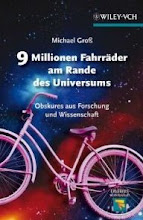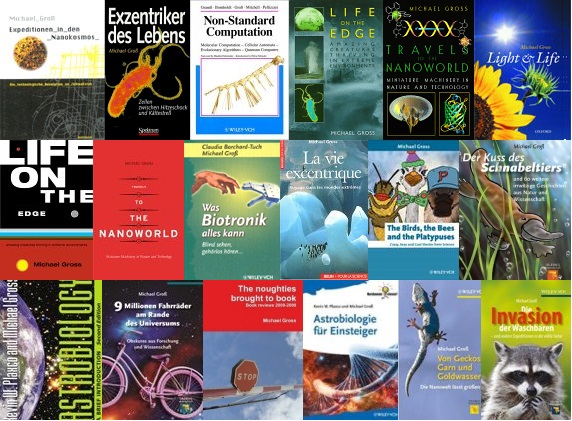From my family history, I know that people in centuries past have found great opportunity in new homelands, but the crucial thing is to know when it is time to move on. My great-grandfather found business success in Königsberg, Eastern Prussia, and he left literally on the last ship that got through. My ancestors who emigrated to the Odessa region (today's Ukraine) on the shores of the Black Sea in 1806 (having left the relevant oldest son behind!), established a good life there for a couple of generations. After 1870 the new paradise lost its shine and many families moved on to the US. The descendants of those that stayed suffered forced relocation to Asia and prosecution under Stalin.
So, well, right now the candidates among whom the next UK prime minister will be chosen are debating whether or not Britain (in whatever diminished size it will exist then) will allow EU citizens to stay after it has signed out of the EU. Of course they won't deport 3 million people. But conceivably, we might need residence and work permits, and equally conceivably, the recently introduced threshold of £ 35,000 salary required for the permission to stay could also apply to EU citizens (the median salary is substantially below that figure, so only those who fall into the top 40% or so of earners can stay).
So, reluctantly, after 23 years of living here very happily, we're having to consider our options, to make sure that after 2018, we will still be able to live within the EU and without having to justify our existence. Like Scotland, we may have to leave to remain. Watch this space.
A few random thoughts on the issue (will occasionally add new ones at the top of the list):
- 16.8. According to the Sunday Times, article 50 may only be triggered in late 2017 - more time to get ready for a Brexodus. The Brexiteers are beginning to realise that they don't have the skilled personnel they would need in order to even begin thinking about such a gigantic project. Give them a bit more time and maybe they will realise that it wasn't such a bright idea in the first place.
- 8.8. My feature on Brexit and other populist menaces has appeared in Current Biology.
- 13.7. Theresa May has appointed Boris Johnson to the Foreign Office, showing exactly what she thinks of the 7 billion foreigners out there. I for one am taking this as a personal insult. Also, she keeps saying she wants to make the country work for British citizens. No word about EU citizens, but is the chain around her neck supposed to be a subtle hint?
- 11.7. As Theresa May is now certain to become prime minister, her speech held today promises a country that works for everyone. There are some quite progressive things in there, but unfortunately the term "everyone" doesn't appear to include the 3 million EU citizens who live here.
- 6.7. Nice to know that parliament supports our right to stay, but note that this is non-binding and a majority in parliament is against Brexit anyway.
- Considering how much time I've lost following the whole chaos, worrying about our future here and making contingency plans for a possible Brexodus, I would extrapolate that the worries of more than 2 million EU citizens currently working in the UK should add up to make a measurable dent in the country's economic performance.
- Theresa May becoming prime minister (and staying until 2020) is probably our worst scenario, as she has the intelligence and the cold heart to go through and do the worst. Boris Johnson's fantastic incompetence was (relatively) a glimmer of hope while he was still in the running.
- Cultural events I have attended since the referendum: A Galician folk session, a concert by the Liverpool band Dead Belgian, who play the songs of Jacques Brel, and an Irish session. How much of Oxford's international scene will survive once the drawbridges go up?
- Without free movement we probably wouldn't be here at all - so I imagine that the future hassle of work permits etc. may very well redirect part of the academic traffic to alternative destinations.
- While all major scientific organisations are trying to reassure people that international cooperation will go on as before, there are also some, like the Wellcome Trust, that could decide to move their funds and activities elsewhere.
- While Scotland and Northern Ireland understood their best interest, it was quite shocking that Wales, which benefits hugely from the EU, voted out. Some explanations here.

Look, there are 27 countries we can move to!
Image: Wikipedia
(spare a thought for the volunteers who are trying to keep the Wiki entries on the Brexit crisis up to date and readable)

















